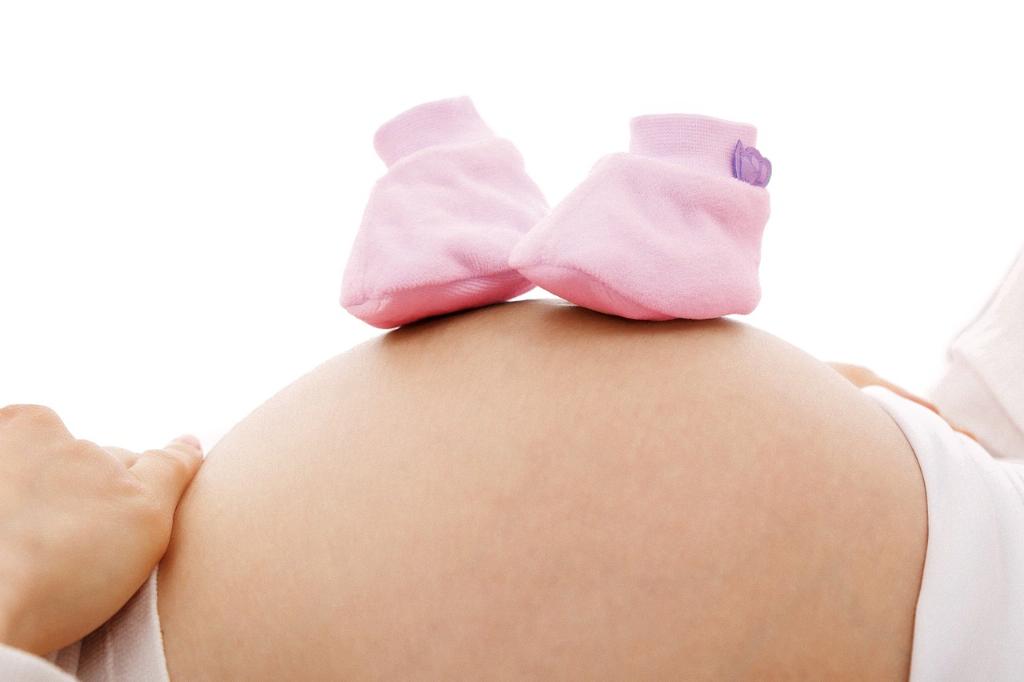Experiencing a yeast infection during early pregnancy can be uncomfortable and concerning, but rest assured, there are ways to effectively manage and alleviate this common issue without jeopardizing your health or the health of your baby.
Understanding Yeast Infections During Pregnancy
Yeast infections, caused by the overgrowth of the Candida fungus, are more prevalent during pregnancy due to hormonal changes that can disrupt the natural balance of bacteria in the vagina. It is crucial to recognize the symptoms early on to initiate prompt treatment.
Safe Treatment Options
When it comes to treating a yeast infection in early pregnancy, it is essential to opt for safe and approved methods. Over-the-counter vaginal creams or suppositories containing miconazole or clotrimazole are considered safe for use during pregnancy.
Avoid Oral Fluconazole
While some antifungal medications may be safe for non-pregnant individuals, oral fluconazole should be avoided during pregnancy as it has been linked to potential birth defects. It’s best to stick to topical treatments when managing a yeast infection in early pregnancy.
Consult Your Healthcare Provider
Before starting any treatment for a yeast infection during pregnancy, it is advisable to consult your healthcare provider. They can provide personalized recommendations based on your individual health status and ensure the most suitable treatment plan is implemented.
Maintaining Proper Hygiene
Practicing good hygiene habits, such as wearing breathable cotton underwear and avoiding scented products in the genital area, can help prevent the recurrence of yeast infections during pregnancy. Keeping the vaginal area clean and dry is essential.
Alleviating Discomfort
If you experience discomfort or itching associated with a yeast infection in early pregnancy, you can consider using gentle, unscented cleansing products and applying a cold compress to the affected area for relief.
Stay Hydrated
Staying hydrated by drinking an adequate amount of water can also aid in flushing out toxins and maintaining overall vaginal health, which may contribute to reducing the risk of recurrent yeast infections during pregnancy.
Monitoring Symptoms
While treating a yeast infection in early pregnancy, it is crucial to monitor any changes in symptoms and promptly inform your healthcare provider if there is no improvement or if the condition worsens.
Embracing Natural Remedies
Some individuals may find relief from incorporating natural remedies, such as probiotics or tea tree oil, into their routine to help rebalance the vaginal flora and support the body’s natural defenses against yeast infections.
Ensuring Nutrition
A well-balanced diet rich in nutrients and vitamins can also play a role in supporting immune function and maintaining vaginal health, which may contribute to reducing the likelihood of experiencing yeast infections during pregnancy.
Seeking Support
Dealing with a yeast infection during early pregnancy can be challenging, both physically and emotionally. Seeking support from loved ones or joining online forums for expectant mothers can offer reassurance and helpful tips for managing this common issue.

